December 20, 2023
Top 5 Blockchain Uses You May Not Know
Blockchain is not just about Bitcoin and cryptocurrency. It is a revolutionary technology that has the potential to transform the world as we know it. But how much do you really know about blockchain and its uses? According to a survey by Deloitte, 81% of respondents agreed that blockchain technology has achieved mainstream adoption.
In this article, we will explore 5 blockchain uses that you may not know, but that could have a significant impact on the future. We will also explain how blockchain works in each use case.
By the end of this article, you will have a better understanding of the diverse and exciting possibilities that blockchain offers, and you may even discover some new ideas or opportunities for yourself or your business. So, let’s dive in and explore the 10 blockchain uses you may not know.
What is Blockchain?
Blockchain is a distributed ledger system that enables secure and transparent transactions without intermediaries. It can be applied to various domains and industries, such as finance, healthcare, supply chain, education, and more.

Blockchain Process. Source: Money.
5 Uses of Blockchain You May Not Know
Outsourcing
Blockchain can help in outsourcing by allowing for the creation of smart contracts that describe the terms and circumstances of the job, such as deadlines, payments, and quality standards. Smart contracts may execute and enforce agreements autonomously, removing the need for trust and intermediation between the parties.
Blockchain technology also allows peer-to-peer outsourcing systems, which link freelancers and clients directly without the need of intermediaries or fees.
For example, Ethlance is a decentralized platform that allows freelancers to offer their services and get paid in cryptocurrency. Ethlance's database is entirely hosted on the public Ethereum blockchain and its front-end source files are shared via IPFS, meaning the platform is entirely decentralized.
Supply Chain Management
By delivering real-time and precise information about the origin, location, and condition of items and commodities, blockchain may improve supply chain management. It can also enable stakeholders in the supply chain such as suppliers, manufacturers, distributors, and retailers to be traceable and accountable.
For example, LogChain is an ecosystem that helps the collaboration of all entities of a supply chain. It allows the movement of cargo on a supply chain in a digital manner and using blockchain technology. LogChain enables chemical manufacturers and shippers to deliver shipments with less cost, time, and risk. It uses distributed ledger technology to give every party to a shipment full visibility of operations.
Voting
Blockchain technology has the potential to allow safe and transparent voting systems that are resistant to fraud, manipulation, and coercion. It enables online and remote voting, as well as results that are verifiable and auditable. Blockchain technology can also enable direct and participatory democracy, in which citizens can propose, vote on, and enact policies and projects.
For example, Voatz is a mobile app that uses blockchain and biometrics to enable secure and convenient voting from anywhere. According to Voatz, more than 80,000 votes have been cast on the Voatz platform across more than 50 elections since June 2016.
Healthcare
Blockchain can improve healthcare by enabling secure and interoperable exchange of health data among patients, providers, and researchers. It also enables patient-centric and personalized healthcare, where patients can own, control, and monetize their health data.
For example, MediBloc is a blockchain-based platform that empowers patients to manage and share their health data with their providers and researchers. They signed with many South Korean’s biggest corporations including KB Insurance, Seoul Medical Center, and Hyundai Marine & Fire Insurance to streamline the Insurance Claims Process.
Identity management
Blockchain can provide secure and decentralized identity management solutions that protect the privacy and sovereignty of the users. It enables self-sovereign identity, where users can create, control, and verify their own identity attributes, such as name, age, gender, and nationality. Blockchain can also enable verifiable credentials, where users can prove their identity and qualifications without revealing unnecessary or sensitive information.
For example, Civic is a platform that offers identity verification and protection services using blockchain and biometrics. It can perform verifications of identity documents, location, and humanness.

Blockchain Outsourcing
Blockchain outsourcing is a new and emerging trend that involves outsourcing blockchain-related tasks and projects to external experts and teams. It can help businesses and organizations leverage the benefits of blockchain technology without having to invest in the infrastructure, skills, and resources. Blockchain outsourcing can also help businesses and organizations access a global and diverse pool of blockchain talent and expertise and reduce the costs, risks, and time of blockchain development and implementation.
Here at Dirox, we are a professional IT outsourcing company that offers blockchain outsourcing services to clients in various industries and domains!
Conclusion
Blockchain is a disruptive and transformative technology that has the potential to impact various domains and industries. However, blockchain is also a complex and challenging technology that requires specialized skills and resources to develop and implement. Therefore, blockchain outsourcing can be a viable and beneficial option for businesses and organizations that want to leverage blockchain technology without having to deal with technical and operational difficulties.
Contact Dirox today and learn more about how our blockchain solutions can boost your business!






















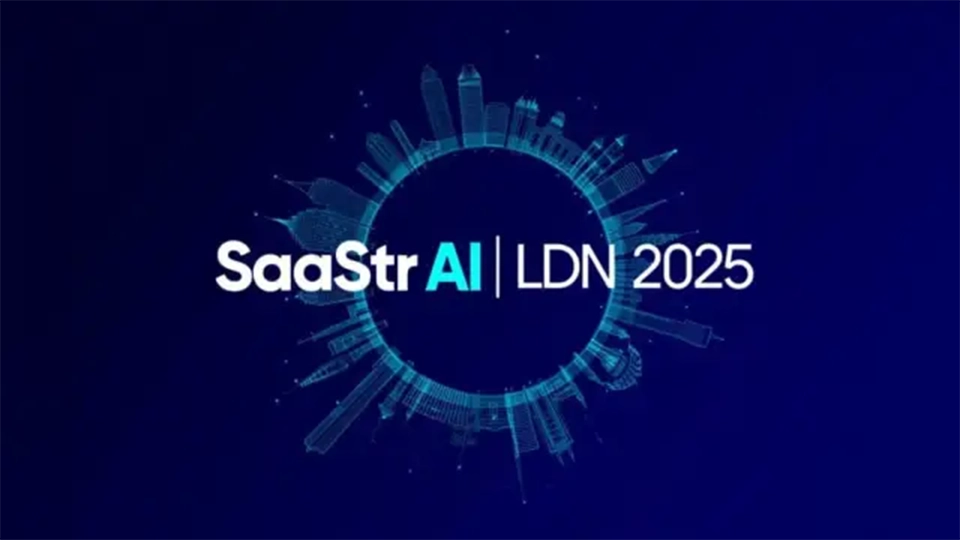
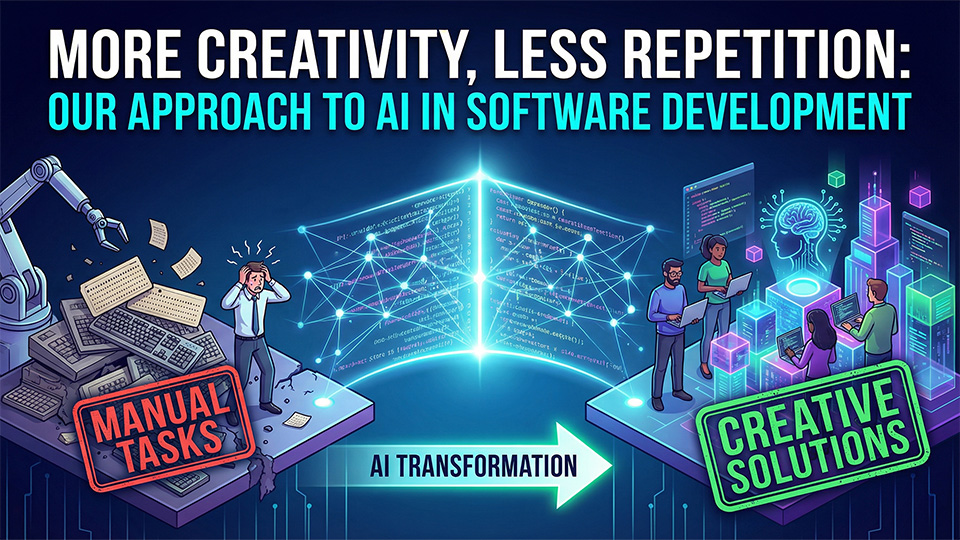
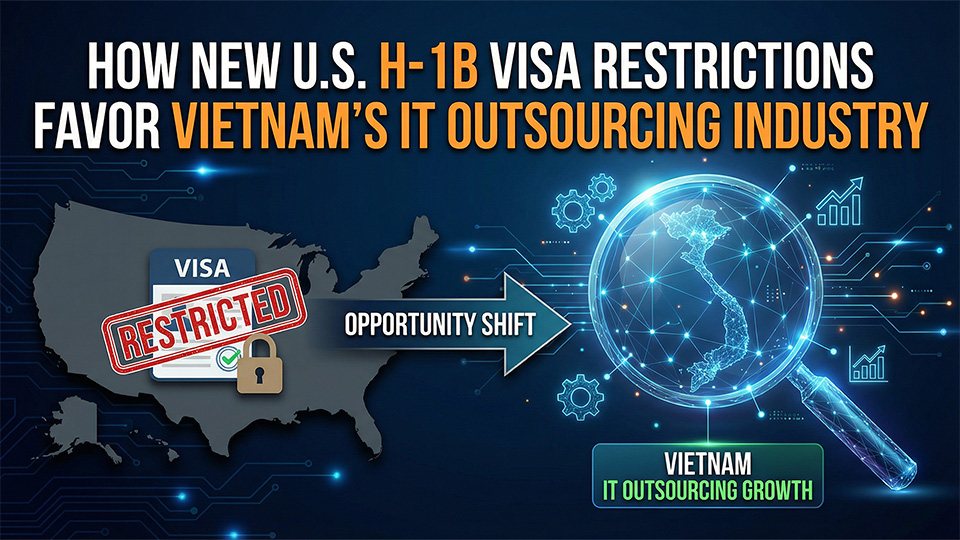
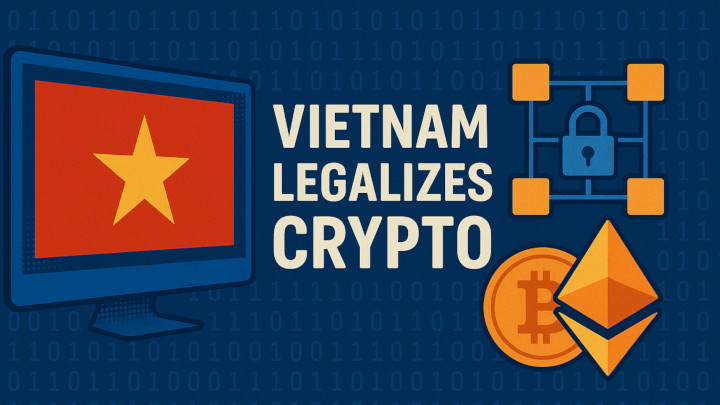
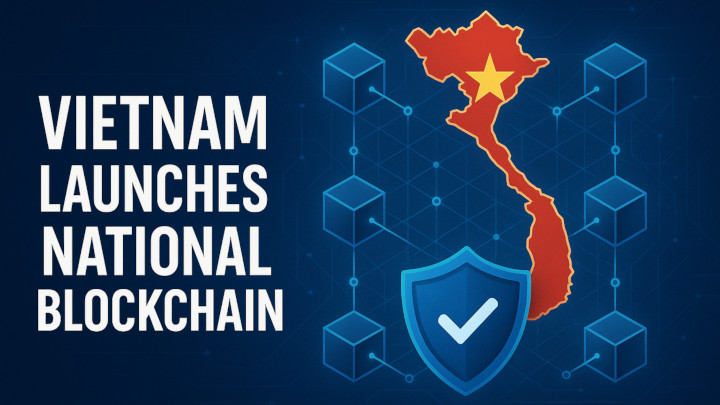

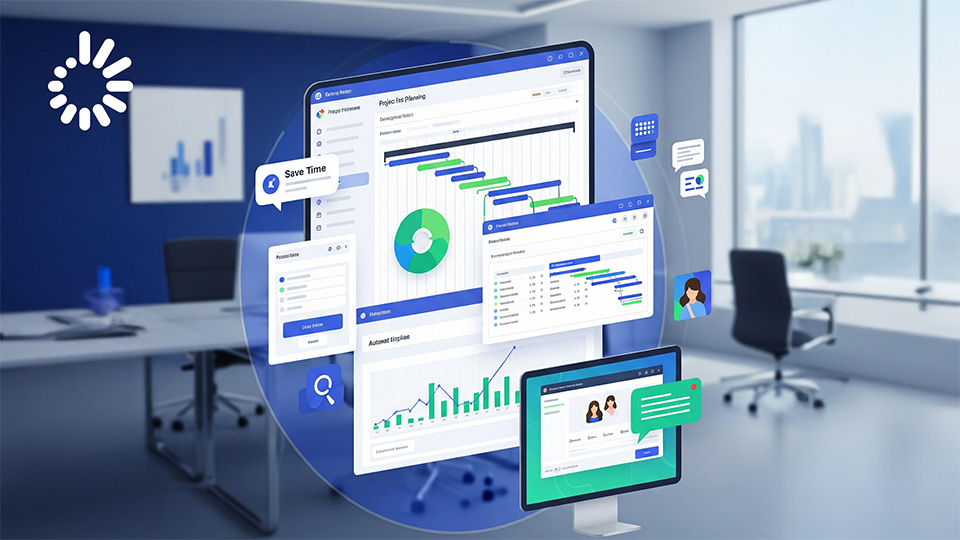

.svg)













